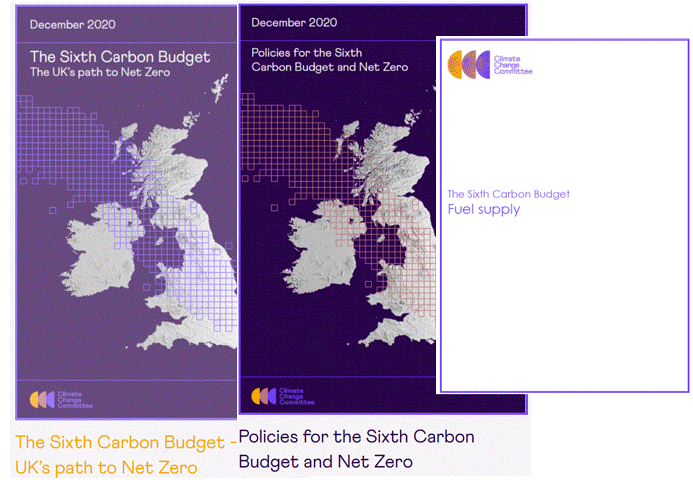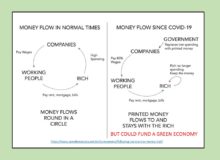To quote from Avaaz “World leaders at the UN climate talks have just set a landmark goal that can save everything we love! ” To see the full Avaaz announcement click We did it! — A turning point in human history
Quick Guide to the Agreement
The Conversation hosts a Quick Guide to the Paris Agreement .
- Warming level – aim at 1.5degC
- A carbon budget to be lower than 3.6 trillion tonnes of Greenhouse gases
- Pledges from 185 countries with a remaining 11 requested for next year
- Pledged targets to be reviewed every 5 years, as, taken together, they are insufficient to meet even 2degC
- Rich countries ‘required’ to meet targets, whilst ‘developing countries’ only encouraged to
- ‘Developing countries’ to receive $100bn a year by 2020 to assist with removing emissions
- No compensation liable from developed countries for loss and damage caused to other countries
- ‘Developed Countries’ to report progress on emissions reductions every 2 years. Other countries may choose to do so.
Carbon Brief gave an initial assessment of the agreement here with a summary of Bodies and Dates.
Jeremy Leggetts diaries
Jeremy Leggett finalised the diaries he published covering the build up from 2013 and the actual Paris COP21 event.
‘The Winning of the Carbon Wars‘ can be obtained by clicking here, either for free download or as a hard copy, with profits going to Solar Aid that provides “access to solar lights in some of the most remote regions of the world and build[s] a movement to eradicate the kerosene lamp.”
Jeremy concluded that “The carbon war is not won, and even if it is, it may simply be replaced by the next great struggle of human belief systems“
He was heartened by the progress that was made between the start of his diary in May 2013 culminating in December 2015, saying that a clear signal had been given that “would tell energy incumbents that the fossil-fuel era is over: that they are now in an era of transition, of rapid managed retreat, whether they like it or not. It would tell financial institutions that the hundreds of billions of dollars invested annually in clean energy today will become trillions”
This Changes Everything dissects the New York Times report on the Paris COP on Dec 18th 2015 at “Why Most Of What You Think You Know About The Paris Climate Deal Is Wrong: An Annotated News Story“
Where the New York Times generally lauds the outcome as “represents a historic breakthrough on an issue that has foiled decades of international efforts to address climate change.” Coral Davenport has many caveats, such as believing that it erases “the crucial principle of equity from the climate regime.“
UK Politicians views
Amber Rudd, Secretary of State for the UK Department of Energy and Climate Change (DECC) talked to reporters as she left the convention. The Carbon Brief update includes the audio interview. Ms Rudd stressed the support that the UK Government has given to achieving this agreement and some pertinent views included:
- The UK’s targets are already lower than the overall EU INDCs
- The references to rises of 1.5degC are ‘aspirational’, and the UK are currently working to an ‘operational’ target of 2degC.
- She will work with the Committee on Climate Change to consider any changes to UK policy due to this agreement. Any changes will continue to consider security of supply and value for money for bill payers.
- She believes that the agreement and the UK policies provide clarity and certainty to investors in low carbon.
- The main UK renewable energy initiative is to hold auctions for more offshore wind capacity.
- She is uncertain of the role of Carbon Capture and Storage in the UK in the near future. (note: since this speech CCS in the UK has been abandoned)
- The UK Government will double its spend on innovation.
In the following days Jeremy Corbyn, Leader of the UK Labour opposition party gave a speech called ‘Power to the people can tackle climate change‘, reported in The Times. Jeremy said that “Yet again. this government has failed to deliver on its promises” and laid out Labour principles including:
- We must imagine the world we want to create. A world in which businesses are producing products and services we cannot yet imagine, but with lower energy and operating costs
- We need carbon budgeting to be the centrepiece of of trade and commerce, taking the planet back to sustainable levels of CO2 emissions
- Governments must invest in the skills and technologies we need to take advantage of the millions of new jobs that the low-carbon sector can create, protecting working families in the transition
- ‘We’ must resist measures set our by our government that take us backwards
- governments must not only commit public investment to cleaner energy and infrastructure, but channel private trillions too.
- towns and cities, businesses and investors, activists and trade unions – must localise the production and consumption of energy
In March 2016 the Guardian reported that Ed Miliband, former Secretary of State for Decc announced that the Government had agreed that the UK that they will “enshrine in law a long-term goal of reducing its carbon emissions to zero, as called for in last year’s historic Paris climate deal…… Andrea Leadsom told parliament on Monday: “The government believes that we will need to take the step of enshrining the Paris goal for net zero emissions in UK law. The question is not whether but how we do it.” No target date was reported.
“Leadsom said the CCC would be reporting back on the implications of the Paris agreement in the autumn and said that before a zero emissions goal was made law there was “an important set of questions to be answered”.”
Following up from Paris 2015
The Agreement requires Parties to fulfill ever more ambitious NDCs and encourages Non Parties to take the initiative.
As well as World Leaders and Business people there will be an important role for concerned Citizens.
One important movement will be to ‘Keep the coal in the hole’ and ‘keep the oil in the ground’
The Break Free from Fossil Fuels organisation is working with others on a campaign to protest at continuing support of fossil fuels.
“We’re mobilising to shut down the world’s most dangerous fossil fuel projects and support the most ambitious climate solutions.”



